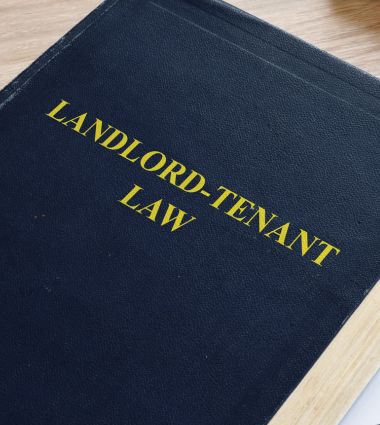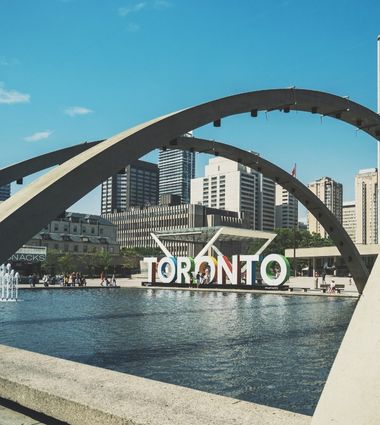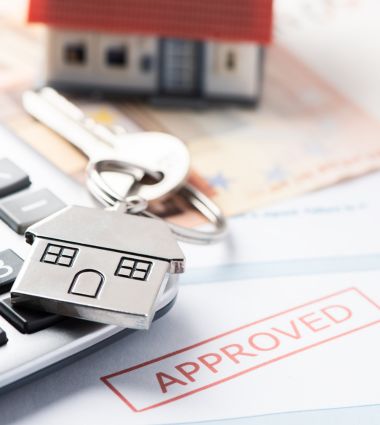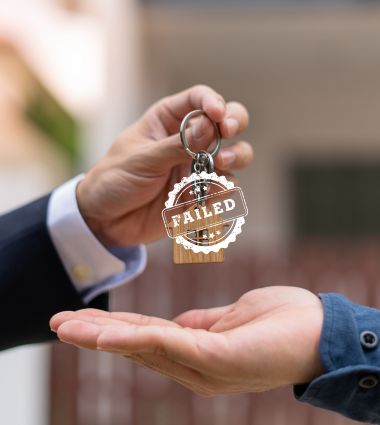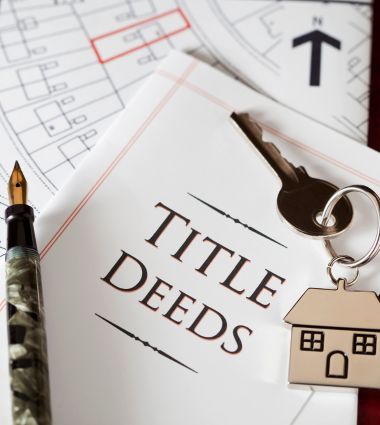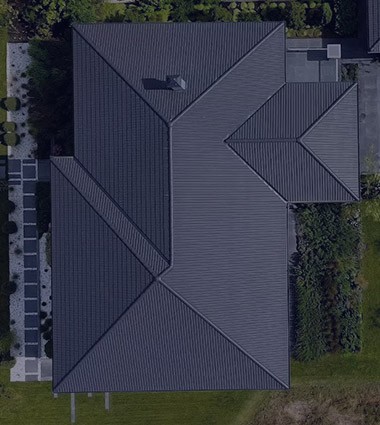How to Get a Status Certificate Ontario Guide with Cost and Timelines Explained
If you’re buying a condo in Ontario, chances are the term status certificate has come up, maybe during a conversation with your agent, your lawyer, or in the listing details. But unless you’ve dealt with it before, it’s not always obvious what it is, how to get one, or why it matters.
A status certificate is more than just paperwork. It outlines the financial and legal standing of the condo corporation and gives you insight into what you’re buying into. If major repair fees are coming up, reserve fund issues, or even lawsuits tied to the building, this document is where you’ll find out. Getting a status certificate isn’t difficult, but there’s a process. You need to know who to ask, what it costs, and how long it takes. More importantly, once you have it, it should be reviewed carefully by a real estate lawyer.
We’ll break down how the status certificate Ontario process works, what you’ll pay, and how long it usually takes. More importantly, we’ll show you where a real estate lawyer fits in, especially when it comes to spotting issues that could cost you later.
What Is a Status Certificate in Ontario?
If you’re looking at buying a resale condo in Ontario, chances are you’ve been told to “make sure you review the status certificate.” But what exactly is it, and why does everyone keep bringing it up?
A status certificate is a bundle of legal and financial documents tied to the condo unit and the building it sits in. It tells you where the condo corporation stands, financially, legally, and operationally. Things like how much money is in the reserve fund, whether the unit is behind on fees, or if there are any lawsuits in play. It’s a snapshot of the condo’s overall health.
What You’ll Find Inside a Status Certificate
Status Certificate Ontario includes:
- The unit’s current fee payments and any arrears
- The condo corporation’s annual budget
- Reserve fund details (how much is saved for future repairs)
- Notices about upcoming major repairs or special assessments
- Legal issues involving the corporation
- The condo declaration, bylaws, and rules (e.g., pets, smoking, short-term rentals)
This isn’t just paperwork. If there’s a big repair coming up, or the building’s insurance coverage is limited, you’ll want to know now and not after you’ve bought the unit.
Why It Matters Before You Buy
A unit can look great on the surface, but that doesn’t always tell the whole story. If the condo board is dealing with lawsuits, or if the building needs a new roof and there’s not enough money in the reserve, that cost could land on your shoulders as a new owner.
These details don’t show up in a listing or open house. They’re buried in the status certificate, and that’s why reviewing it properly matters. Some buyers skim through it on their own, but a Toronto real estate lawyer can flag things you may miss.
How to Request a Status Certificate in Ontario
Who Can Make the Request
Anyone can request a status certificate in Ontario, but it’s usually done by:
- The buyer’s real estate lawyer
- The buyer’s agent
- Or the buyer themselves, if they’re handling the deal directly
Where Do You Get a Status Certificate?
The request goes to the condo corporation or its property management company. Most buildings have a management company that keeps all the records and issues the certificate. You’ll often find a request form on their site, or your lawyer will send a formal written request.
How Long Does It Take?
Ontario’s Condominium Act gives condo boards 10 days to deliver the status certificate after receiving the request and payment. Some property managers offer rush services for an extra fee, but the base timeline is set by law.
What Does a Status Certificate Cost?
By law, the condo corporation can charge a maximum of $100 plus HST. Sometimes there are small additional fees (courier or expedited processing), but they can’t exceed the legal cap. Who pays depends on your purchase agreement, although buyers often cover it as part of due diligence.
What Happens After You Request It?
Once the request is in, the condo board or manager gathers a package—often 100+ pages—of financial statements, bylaws, insurance policies, and repair or legal notices. That becomes your status certificate, Ontario. Have your lawyer review it to understand any hidden risks.
Why Timing and Cost Matter More Than You Think
Delays in getting a status certificate can jeopardize conditional offers. If your review window closes without a certificate, you might lose the right to walk away. Planning lets your lawyer flag issues before you’re locked in.
Why a Real Estate Lawyer Should Review the Status Certificate
Reading a status certificate isn’t just checking boxes—it’s spotting red flags. A condo’s reserve fund might be too low, there could be a looming special assessment, or ongoing litigation. A real estate lawyer knows exactly what to look for and can translate what it means for your ownership.
- Flag inconsistencies in financials or governance
- Spot clauses limiting unit use (short-term rentals, renovations)
- Identify risks affecting financing or insurance
- Explain how lawsuits or liens impact ownership
When Should a Lawyer Step In?
Once the certificate lands in your inbox, the clock starts ticking. Conditional offers typically give you just a few days to review. If something serious shows up—like a lawsuit against the board or a $2 million roof repair—you need a lawyer’s advice immediately. Contact Khan Law for timely guidance.
Final Thoughts
A condo may look perfect on paper, but the status certificate Ontario reveals what’s hidden behind the scenes—hidden costs, legal disputes, and financial red flags. Having a real estate lawyer review it early can save you from costly surprises. If you’ve got a certificate in hand and aren’t sure what it’s saying, Khan Law is here to help you make sense of it before the deal is done.
Real Estate
Family Law
Wills & Estates
Immigration
Join Our Mailing List.
Sign up with your email to receive our newsletter and stay informed about the latest legal developments and special offers.
